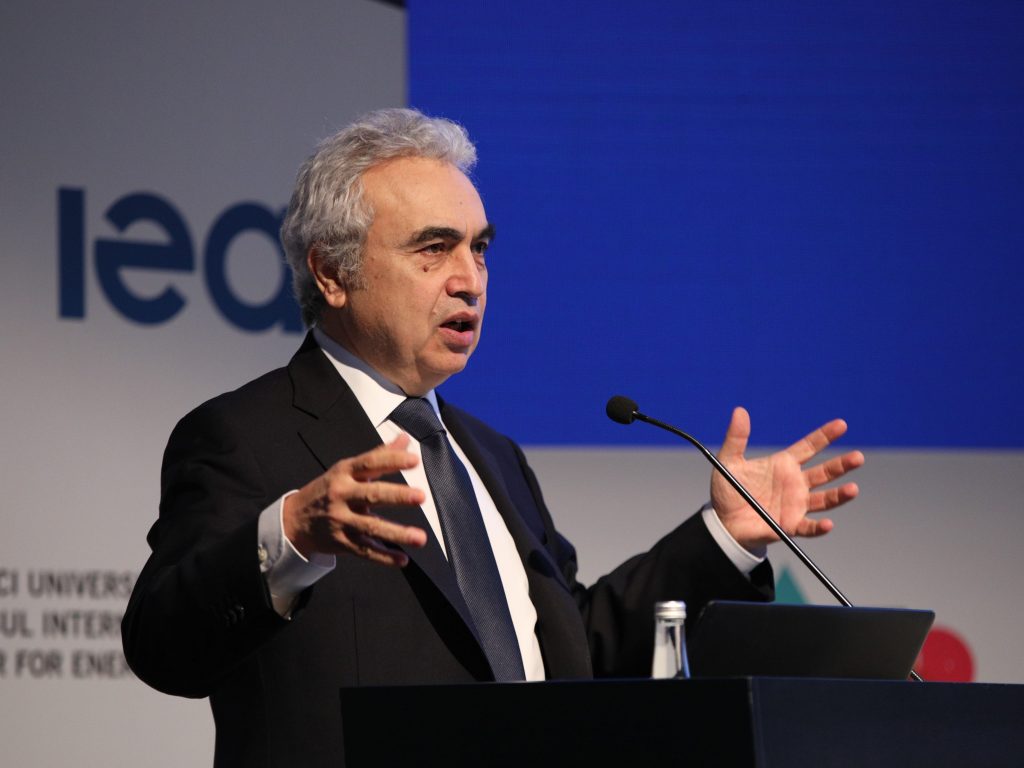- Russian oil production will take a hit as Western sanctions take effect, the IEA's chief said.
- The loss of Europe as a buyer and eroding trust in Russia as an energy supplier will bite, he said.
- Russia's central bank shared similar sentiments, saying new production goals were too optimistic.
Russia's unexpectedly buoyant oil production could soon face pain as Western sanctions begin to sting, the head of the International Energy Agency has said.
"In the absence of [Western] companies, in the absence of the technology providers, in the absence of service companies, it will be much harder for Russia to maintain the production," IEA Executive Director Fatih Birol told Reuters.
Russian oil output has so far remained stronger than expected since the country invaded Ukraine in February. The IEA said in its August market report that Russia produced 9.8 million barrels of oil per day in July, marking an increase from both May and June output numbers.
Rising production in Russia came amid a boom in domestic demand for motor and jet fuel over the summer. Thanks to international sanctions on Russian airlines, many citizens were unable to go on vacation abroad, meaning more internal travel.
At the same time, high demand for cheap Russian oil from countries like India, China, and Turkey has meant the energy-rich country has been able to bolster production.
Birol, however, said that such strong output is unlikely to hold, as countries around the world lose trust in Russia as an energy supplier after its invasion of Ukraine and its rolling gas cuts.
"Russia is not winning the energy battle here," he said.
The loss of Europe as a buyer of Russian energy will also hurt Moscow, he continued. European leaders reached an agreement in May on a Russian oil ban that will cut 90% of EU imports by the end of the year.
Birol's pessimism over Russian oil production echoes comments by Russia's central bank which said that new oil production goals proposed by the finance ministry are too optimistic. Central bankers anticipate the nation will most likely fall short of the planned price and output targets laid out in its new budget draft.
That comes in line with recent forecasts by Rystad Energy. The firm forecast that Russian oil production could fall by over a million barrels a day as summer demand dwindles into the autumn season, and as Asian importers lose their appetite for Russian crude due to cheaper prices elsewhere.
